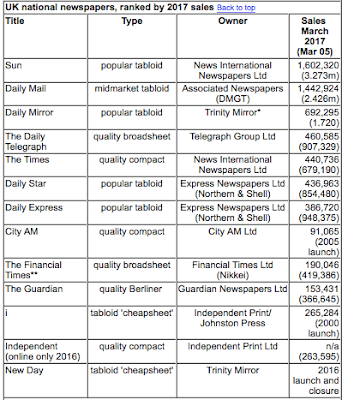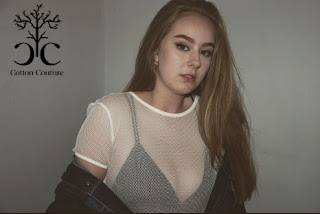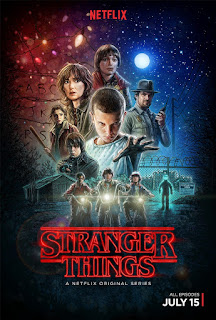Ownership of newspapers
The Daily Mail is owned by Daily Mail and General Trust (DMGT) which was inherited to Jonathan Harold Esmond Vere Harmsworth, 4th Viscount Rothermere (born 3 December 1967) who is a British viscount and inherited the newspaper and media empire founded by his great-grandfather Harold Sidney Harmsworth. He is chairman of DMG Media, formerly Associated Newspapers, a media conglomerate which includes the Daily Mail. It also includes
The Mail on Sunday – The sister paper of the Daily Mail, published weekly on Sundays. First published in 1982.
Ireland on Sunday – Associated Newspapers took over the publishing of Ireland on Sunday in 2001. The title was re-launched in April 2002 to coincide with the move to its new offices in Ballsbridge, Dublin. It included TV Week magazine and in September 2006 it was merged with the Mail on Sunday and became the Irish Mail on Sunday.
Mail Today – A 48-page compact size newspaper launched in India on 16 November 2007 that is printed in Delhi, Gurgaon and Noida. Based around a subscription model, the newspaper has the same fonts and feel as the Daily Mail and was set up with investment from Associated Newspapers and editorial assistance from the Daily Mail newsroom.
Metro – Metro is a national newspaper. Launched in March 1999 as a free, stapled newspaper, it was distributed initially in London. But since has been published every weekday morning, around Yorkshire, the North West, Newcastle and the North East, the East Midlands, Bristol, Birmingham, Liverpool, Cardiff and Scotland.
Metro.co.uk is a UK-based online newspaper. Originally created in 2002 as the digital counterpart to the print Metro, it now operates as an independent publication within the DMG group, attracting a daily audience of over 1.6 million.
MailOnline is the world's most visited English language newspaper website
The London Evening Standard was owned by DMGT until it was sold to Alexander Lebedev in January 2009. In October 2009 it was made a free newspaper. DMGT still maintains a 25% share.
The owner of the Daily Mail and Mail Online has appointed Paul Zwillenberg, a senior executive at Boston Consulting Group, as its new chief executive.
The Guardian was known from 1821 until 1959 as the Manchester Guardian. Along with its sister papers The Observer and the Guardian Weekly, The Guardian is part of the Guardian Media Group, owned by the Scott Trust. The Scott Trust is not owned by one sole person which makes this paper unique. The companies beliefs are "The trust’s very existence is a daily reminder that Guardian staff are not here to serve some proprietor’s interest or to squander the power of a great media company on short-term gain at the expense of reputation and purpose. Guardian journalism often takes time, costs a lot of money to produce and runs risks, but our journalists know they will be supported in their work. The return on investment for the trust is the quality of the journalism – not a financial dividend". It is run by the Scott Trust to prevent papers falling into the hands of interfering proprietors (named after pioneering editor CP Scott). Group has sold off regional newspapers and magazine division. Now only owns two newspapers Guardian and Observer, having sold regional papers amid restructuring in 2007-10. The money was to be invested in digital expansion and radio.
Regional Newspapers
The Leicester Mercury is a British regional newspaper for the city of Leicester and the counties of Leicestershire and Rutland. The paper began in the 19th century as the Leicester Daily Mercury and later changed to the present title. It is owned by Trinity Mirror plc which is the largest British newspaper, magazine and digital publisher after purchasing rival Local World for £220 million, in October 2015. It is Britain's biggest newspaper group, publishing 240 regional papers as well as the national Daily Mirror, Sunday Mirror and People, and the Scottish Sunday Mail and Daily Record.
Ownership of other media outlets
DMGT also owns:
RMS (Risk Management Solutions), which targets the global property and casualty reinsurance industry, producing risk analysis models, services, expertise and data solutions for use in the quantification and management of catastrophic risk, is a market leader in catastrophe risk modelling
dmg information invests in business-to-business information-driven companies. It aims to invest in high-growth businesses offering information to niche markets.
dmg events (formerly dmg World Media)
Euromoney Institutional Investor plc is the market leader on international financial publishing and event organisation. It's one of Europe's largest business and financial magazine publishers. The company, 49% owned by DMGT, was founded in 1969. The company owns close to 100 international specialist magazines in finance, energy, aviation, pharmaceuticals and law.
Euromoney trains international bankers and securities specialists around the world, runs international conferences, and is very strong in electronic publishing.
This relates to Hesmondhalgh's theory on cultural industries as DMGT (owner of the Daily Mail) also owns multiple other companies as shown above. This therefore shows the integration and conglomeration of cultural industries which follows the normal capitalist patterns seen in Hesmondhalgh's theory.
Ownership concern
I believe that ownership should raise concerns in the UK as complete control over media products may lead to censorship of major news and permanent ideologies being passed through constantly rather than a balanced media output. Complete control leads typically to big issues and turns a democracy into a dictatorship, evidentially seen in places such as North Korea (who believe ridiculous things such as leader Kim Jong-un doesn't excreciate due to the censorship in the media).
From a political side, mass ownership of media and newspapers leads to issues as owners of the media resources push their ideologies through even if it is subconsciously as they ultimately decide what is in their paper. This is reinforced in Curran and Seaton's theory who believe that 'Media industries follow the normal capitalist pattern of increasing concentration of ownership in fewer and fewer hands. This leads to a narrowing of the range of opinions represented and a pursuit of profit at the expense of quality or creativity... It is constrained by nationalism and state censorship. News is still controlled by powerful news organisations, who have successfully defended their oligarchy'.



Comments
Post a Comment